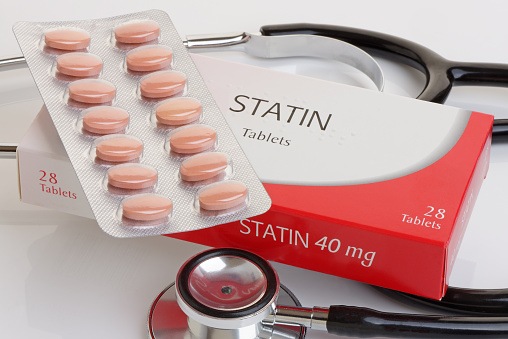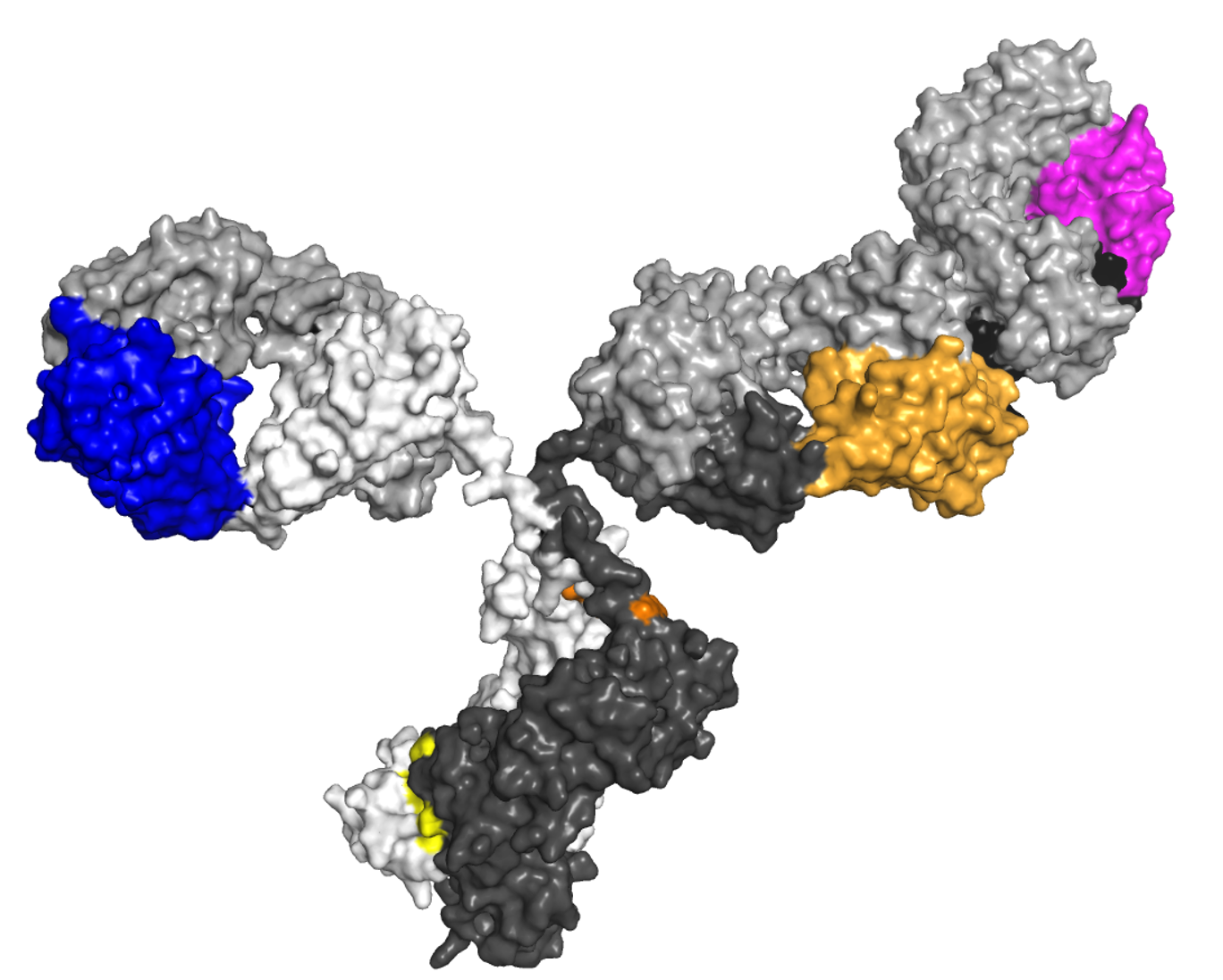
Patients with myelofibrosis who have suboptimal responses to ruxolitinib experienced no hematologic adverse effects when treated with add-on umbilical cord blood–derived regulatory T cells (T regs) enriched with CXR4. The treatment resulted in significant and long-lasting symptom improvement.
Many patients with MF have poor responses to the standard-of-care treatment, Janus kinase 2 (JAK2) inhibitor ruxolitinib. “Deregulated inflammatory pathways including the CXCR4/12 axis likely contribute to disease progression and suboptimal response to JAK2 inhibitors,” explained Lucia Masarova, MD, University of Texas MD Anderson Cancer Center, Houston, Texas. In the phase 1b trial (NCT05423691), Dr. Masarova and colleagues evaluated the safety of adding the next-generation allogeneic T regs therapy, CDK0804, to ruxolitinib for participants with MF who had suboptimal responses to ruxolitinib.1 Compared with earlier product versions, CK0804 is enriched for CXR4 and demonstrated preferential homing to the bone marrow and reduced inflammatory cytokines in the early stages of disease.2
Inclusion criteria were MF treated with ruxolitinib for 12 weeks or longer and stable doses for 8 weeks or longer, palpable splenomegaly of 5 cm of more below the costal margin, and Myeloproliferative Neoplasms Symptom Assessment Form total symptom score (MPN-SAF TSS) of 10 or higher or cytopenia of at least grade 2. During the run-in phase, the nine enrolled participants received six fixed doses (100 million cells) of cryopreserved, nonhuman leukocyte antigen–matched CK0804 every 28 days in addition to their continued dose of ruxolitinib. An expansion cohort (n=6) received CDK0804 every 7 days for 4 weeks, followed by five infusions every 28 days.1
Of the original nine participants, seven had received all doses to date. One withdrew after an allergic reaction, and one died of an unrelated cause. No related hematologic or nonhematologic adverse events were observed, but two unrelated infections occurred. Of the six participants from the expansion cohort, four presented with a reduction in spleen volume, and one achieved a reduction in spleen volume of more 35% at week 24. Overall, participants showed a significant, prolonged decrease in symptoms as measured by MPN-SAF TSS, decreasing from a mean starting score of 26.2 (95% CI, 20.1-31.3) to 19.4 (95% CI, 14.0-24.7; P<.05) at 6 months after the last treatment.
Dr. Masarova concluded that the safety was improved and the symptom burden was reduced and remarked that the high burden of inflammation in patients with MF may require a more intensified dosing scheme, which is currently being investigated in the ongoing dose-expansion cohort study of the same trial.
REFERNCES:
- Masarova L, Huang M, Bledsoe S, et al. A phase Ib, open-label study of add on therapy with CK0804 in participants with myelofibrosis and suboptimal response to ruxolitinib. Abstract #999. Presented at the American Society of Hematology Annual Meeting; December7-10, 2024; San Diego, California.
- Huang M, Ke Z, Lyu M, et al. CXCR4-enriched T regulatory cells preferentially home to bone marrow and resolve inflammation. iScience 2024;27(9):110830.






 © 2025 Mashup Media, LLC, a Formedics Property. All Rights Reserved.
© 2025 Mashup Media, LLC, a Formedics Property. All Rights Reserved.